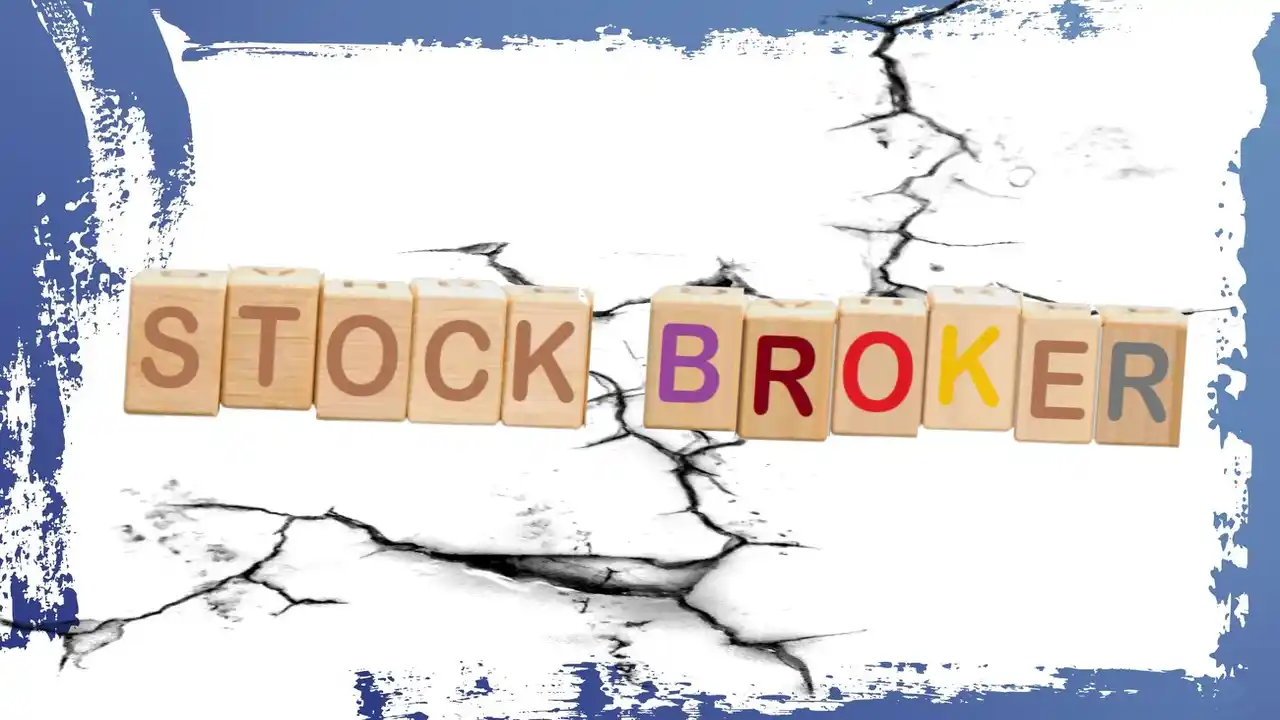The majority of stockbrokers work for brokerage firms, where they oversee transactions for institutional and individual clients. Typically, stockbrokers are payable based on commission, however this varies by employer. Brokerage firms and broker-dealer enterprises are both consider as “stock brokers”. Both discount and full-service stock broker execute trades, but none provides investing advice.
Discount brokers control the stock market activities of brokers. The securities market is more accessible to non-financial professionals due to the minimal costs charged by brokers. In order to conduct business, a discount broker is not require to have substantial market knowledge or to pass onerous examinations.
Stock Broker Definition
A broker purchases and sells stocks on behalf of investors. Brokers can also invest. The great majority of stockbrokers are employed by a brokerage or broker-dealer and are regulated by the SEC. A commission is given to stockbrokers based on the value of the trade.
A stockbroker, also referred to as a broker, represents the securities market. Obtaining and fulfilling buy and sell orders is a requirement of their employment. Investors rely on their skills and market knowledge when purchasing stocks and other investments. Share brokers may be self-employed or employed by a larger organization.
Understanding Stock Broker
There are both discount and full-service stockbrokers accessible. Their product offerings are wide because they sell stocks, bonds, annuities, and insurance. Morgan Stanley and Merrill Lynch are two of the most successful full-service brokerage firms. Although discount brokers offer fewer services, they manage more transactions. Schwab and Fidelity are among discount brokerages.
The Financial Industry Regulatory Authority (FINRA) issues licences and oversees the industry. Registered representatives are referred to as licenced stockbrokers by FINRA.
For stockbrokers to become registered representatives, they must pass the FINRA Series 7 exam. After passing the Series 7 exam, individuals can sell stocks, bonds, call and put options, and other securities, but not commodities, futures, life insurance, or real estate. Candidates must be employed by a registered broker-dealer, also refer as a brokerage firm or wirehouse.
Example of Stock Broker
Full-service and discount brokers are firm workers. The majority of full-service brokers are payable on commission. Which is up to 40 percent of customer fees going to the broker and the remaining 60 percent to the business. Less successful brokers receive between 35% and 25% of the total amount.
When deciding how much focus to devote to a client, stockbrokers consider the amount of money in their brokerage accounts. Full-service brokers provide priority to their largest clients. Discount brokerages defer to their clients the majority of investing decisions and focus on trade execution.
Discount Stock Broker Vs. Full-Service Stock Broker
Full-service brokers offer research, guidance, portfolio management, and other services in addition to buying and selling on their clients’ behalf. Both sorts of brokers act as their own buyers and sellers. Internet brokerages have led to the elimination of commissions. In addition to execution, discount brokers distinguish themselves by providing research and other services.
You can learn about brokerage and different types of broker and in our article to understand the difference between wide rage of broker types for your knowledge purpose.
Stockbrokers Educational Requirements
Stockbrokers must have a bachelor’s degree in finance or business administration. Financial rules and regulations, accounting procedures, economics and currencies, financial planning, and financial forecasting are all necessary for employment in this field.
In today’s business world, global certifications are an indication of trustworthiness and financial acumen. CFP and CFA are two certificates for professionals.
Roles and Responsibilities of Stock Broker
You must have access to a prominent exchange, such as the NYSE or NASDAQ, in order to purchase or sell stocks. Trading on these exchanges requires exchange membership or a firm that is a member. The FINRA has authorised several of its member businesses and employees to serve as brokers or broker-dealers (FINRA).
Individual investors can purchase stock directly from the issuing company, but it is more convenient and efficient to use a stockbroker.
Until recently, stock market participation was too expensive. Only wealthy individuals or huge institutional investors, such as pension fund managers, could afford it. They utilised full-service brokers and spent several hundred dollars to execute a trade.
As a result of the Internet and other technological advancements, discount brokers are now able to offer low-cost, quick, and automated online services. Consequently, bargain brokers may offer internet services. Smartphone apps such as Robinhood and SoFi enable microinvestors to buy fractional shares. The majority of accounts in contemporary markets are owned and managed by discount brokers.
Conclusion
The impact of the internet on the stock market is evidence via online investment platforms and stock brokerages. Due to the requirement of full-time brokers, only the wealthy could trade stocks in the past. Internet stock exchanges and stockbrokers have simplified the stock market significantly.
Stockbrokers serve as middlemen between investors and markets (such exchanges). Brokers fulfil client orders at the lowest possible cost. They are payable for their services with a commission. Customers can place orders using online brokerage platforms or smartphone apps; consequently, many stock broker are now financial planners or advisors.


